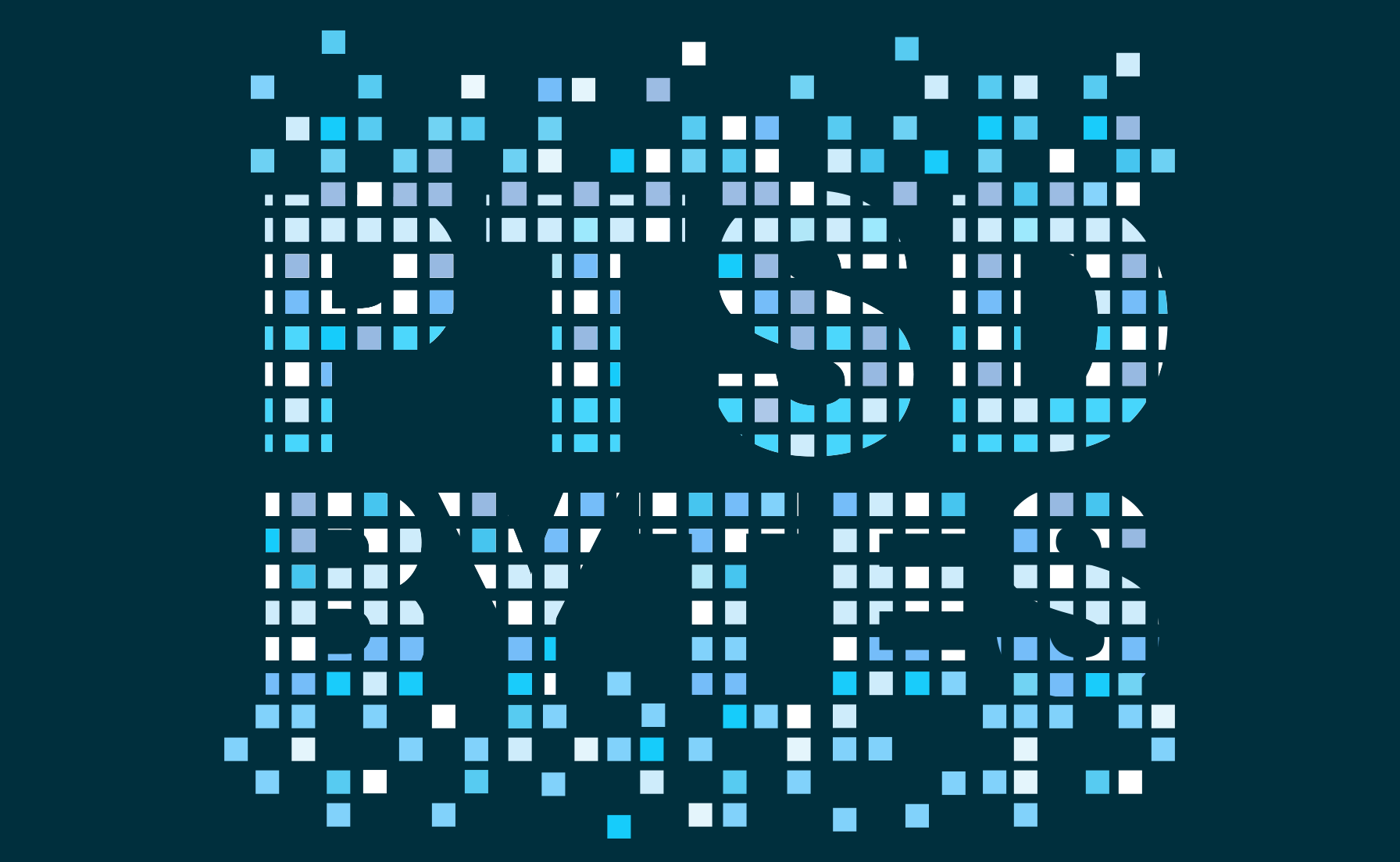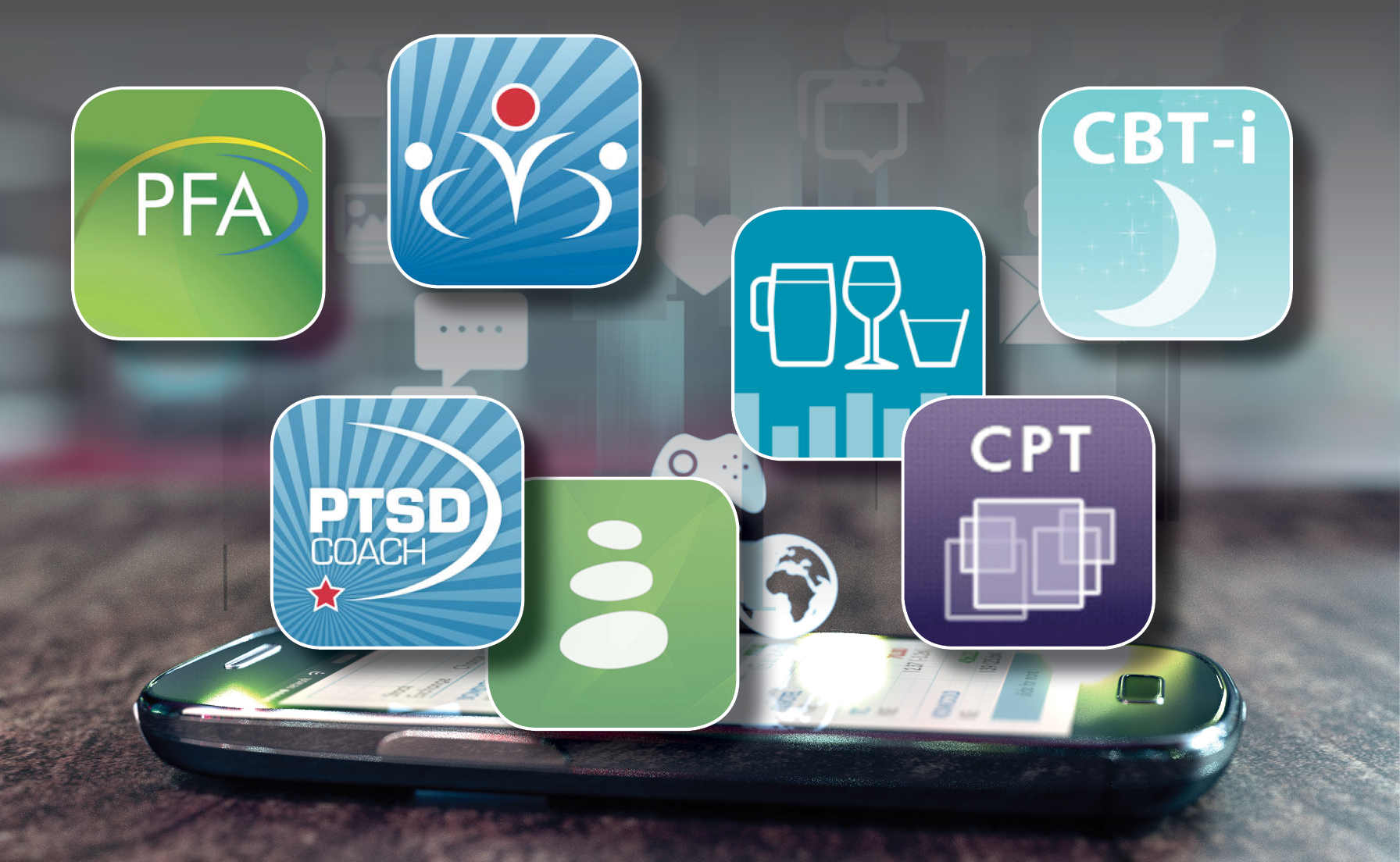PTSD: National Center for PTSD
Acute Stress Disorder
Acute Stress Disorder
Acute Stress Disorder (ASD) is a mental health problem that can occur in the first month after a traumatic event. The symptoms of ASD are like PTSD symptoms, but you must have them for longer than one month to have PTSD. Learn more about ASD and treatment options.
Reading time: minutes
How Common Is ASD?
Studies of ASD vary in terms of the tools used and the rates of ASD found. Overall, within one month of a trauma, survivors show rates of ASD ranging from 6% to 33%. Rates differ for different types of trauma. For example, survivors of accidents or disasters such as typhoons show lower rates of ASD. Survivors of violence such as robbery, assaults, and mass shootings show rates at the higher end of that range.
Who Is at Risk for ASD as a Result of Trauma?
Several factors can place you at higher risk for developing ASD after a trauma:
- Having gone through other traumatic events
- Having had PTSD in the past
- Having had prior mental health problems
- Tending to have symptoms, such as not knowing who or where you are, when confronted with trauma
Does ASD Predict PTSD?
If you have ASD, you are very likely to get PTSD. Research has found that over 80% of people with ASD have PTSD six months later. Not everyone with ASD will get PTSD, though.
Also, those who do not get ASD can still develop PTSD later on. Studies indicate that a small number (4% to 13%) of survivors who do not get ASD in the first month after a trauma will get PTSD in later months or years.
Are There Effective Treatments for ASD?
Yes, a type of treatment called cognitive behavioral therapy (CBT) has been shown to have positive results. Research shows that survivors who get CBT soon after going through a trauma are less likely to get PTSD symptoms later. A mental health care provider trained in treatment for trauma can judge whether CBT may be useful for a trauma survivor.
Another treatment called psychological debriefing (PD) has sometimes been used in the wake of a traumatic event. However, there is little research to back its use for effectively treating ASD or PTSD. It should also be noted that with more severe trauma or reactions such as PTSD, debriefing is not recommended.
You May Also Be Interested In


























